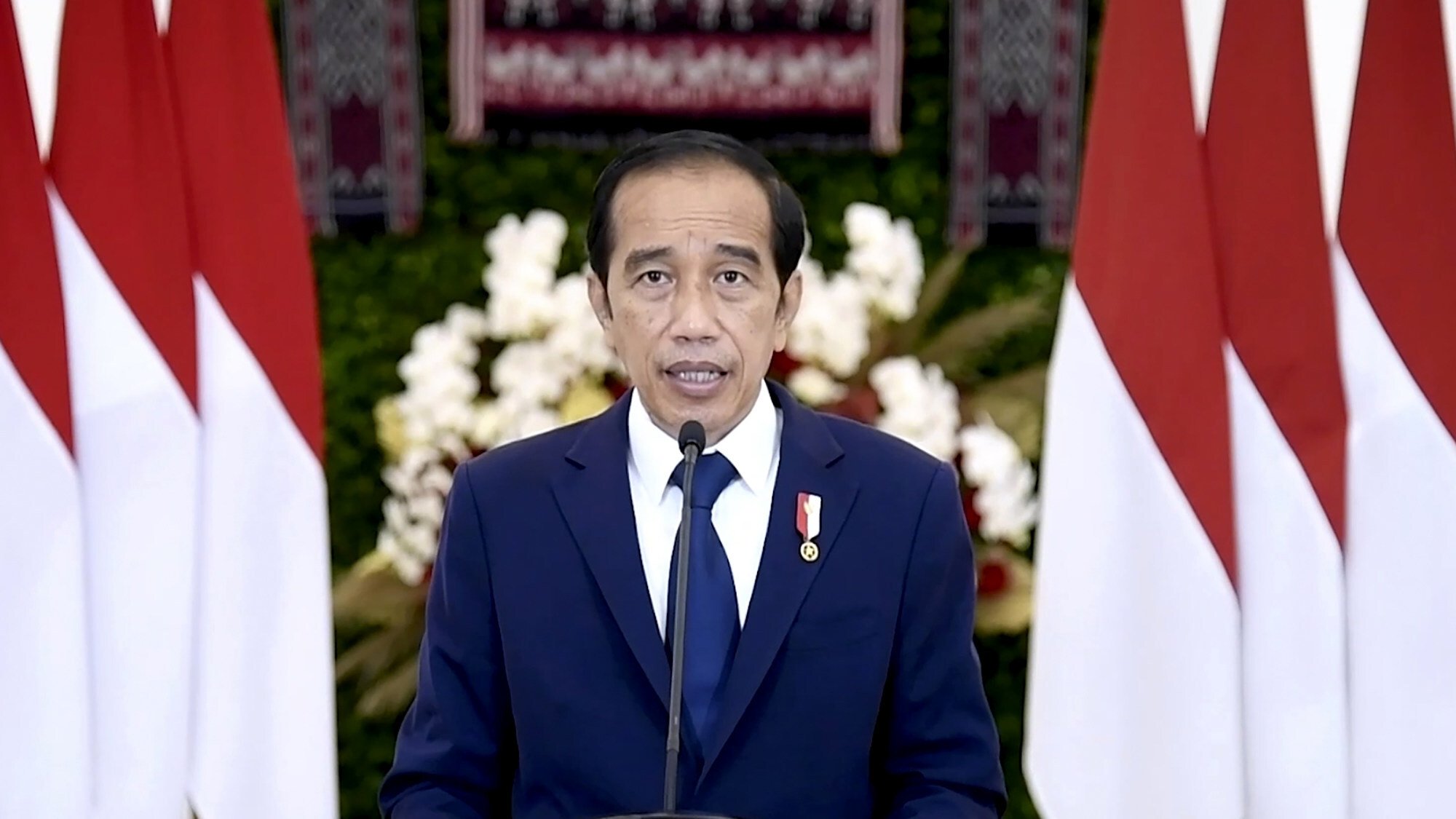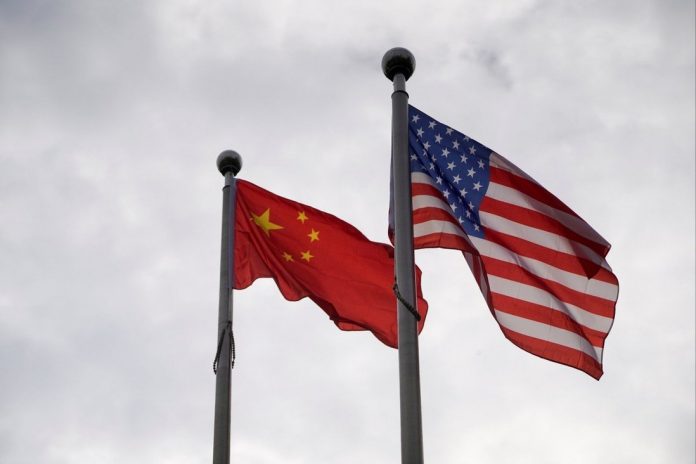Asia is becoming increasingly “bipolar” as the world’s two superpowers China and the United States continue to jostle for position in the region while the influence of other once-strong states such as Japan recedes, a new analysis has found.
The US was the only major country in the region whose overall power increased this year, according to the Lowy Institute’s Asia Power Index 2021. China’s overall power fell for the first time since the index was first issued in 2018 having shown “no clear path to undisputed primacy in the Indo-Pacific”.
While the US and China retained their overall positions of numbers 1 and 2 respectively, Washington’s power relative to China’s had increased.
China’s decline was stark given its strong showing last year amid the onset of the coronavirus pandemic, but that did not mean China’s rise was compromised, the report said.
Meanwhile, Asia was becoming less multipolar as the top two were not being caught up by the next tier of regional countries and territories, the index authors Hervé Lemahieu and Alyssa Leng said.
“In fact, the two countries with the most potential to contribute to a regional multipolar order – Japan and India – have each lost more ground in 2021 than did China,” they said.
“Separated by oceans and vast demographic differences representing old and young Asia, Japan and India have nonetheless registered similar rates of decline since 2018.
“Their loss of standing relative to China has been more pronounced and continuous than is the case for other middle powers such as Australia.”
Tokyo lost ground following the resignation of Shinzo Abe as prime minister last year. While still regarded as a big player in the region, it lost points in diplomatic influence and economic clout but gained as a defence dialogue partner for eleven countries.
India’s rise, despite having expanded its military capability, would take a “decades-long effort, with no guarantee of success”, the report added.
The US leapfrogged China in two measures: future resources (the projected distribution of economic, military and demographic resources) and diplomatic influence.
The US’s improvement in diplomatic influence this year stemmed from a low point set by the former administration of Donald Trump, the report added.

But signs of America’s growing irrelevance in the political economy of Asia remained despite its improvements, the report said.
The power index measures the ability of states to shape and respond to their external environment and defines power as a state’s capacity to influence the behaviour of other states, non-state actors, and the course of international events.
In the latest index, many states in the region lost power because the pandemic had crippled their ability to exert influence, the Lowy report said.
China’s power was hit by Covid-19 but it also lost ground in diplomatic and cultural influence. It gained on the resilience measure – a reflection of its ability to deter external threats to its stability.
The findings showed that China’s rise, while inevitable, was more fragile than widely believed, the report said.
“Across the range of feasible outcomes, however, it appears unlikely China will ever be as dominant as the United States once was,” it said.
Beijing was now less likely to pull ahead of the US in comprehensive power by the end of the decade, the report said.

Indonesia’s rise
Indonesia climbed from 11th most powerful in Asia last year to ninth in 2021, despite a decline in its overall score. That offered hope to the US and its allies that it could help to balance out China’s clout in the Indo-Pacific region, but there were few signs Jakarta was willing to align itself with a US-based coalition, the authors said.
Despite still lagging other Asian countries in areas such as economic and military strength, Indonesia made the top 10 as President Joko Widodo had “cemented his position as a leading statesman on the regional stage”.
But while major allies of the US hoped that Indonesia’s growing power would eventually “assimilate anxieties about China’s role in the region”, chances of that happening were slim, Lemahieu said.
“Indonesia will not be joining either the US or China but rather looks to hedge, extract maximum concessions from both superpowers and carve out space for itself and Asean [the Association of Southeast Asian Nations] as a broadly non-aligned grouping,” Lemahieu said.
Jakarta’s open concerns about the Aukus security partnership between the US, UK and Australia along with China’s recent demands that Indonesia stop drilling for oil and gas in shared maritime territory showed Jakarta was unlikely to lean towards a US-led coalition, the report said.
And yet, Asean’s ability to forge its own path outside the two dominating powers still came down to the ability of Indonesia, its largest member, to “exercise leadership and project power within it and through it”, the report said.
Indonesia’s rising power was largely due to its economic resilience amid the pandemic, relative to other Southeast Asian countries, despite Jakarta having been hit hard by Covid-19 this year.
By Su-Lin Tan / scmp
The views and opinions expressed in this article are solely those of the author and do not necessarily reflect the position of AsiaWE Review.




